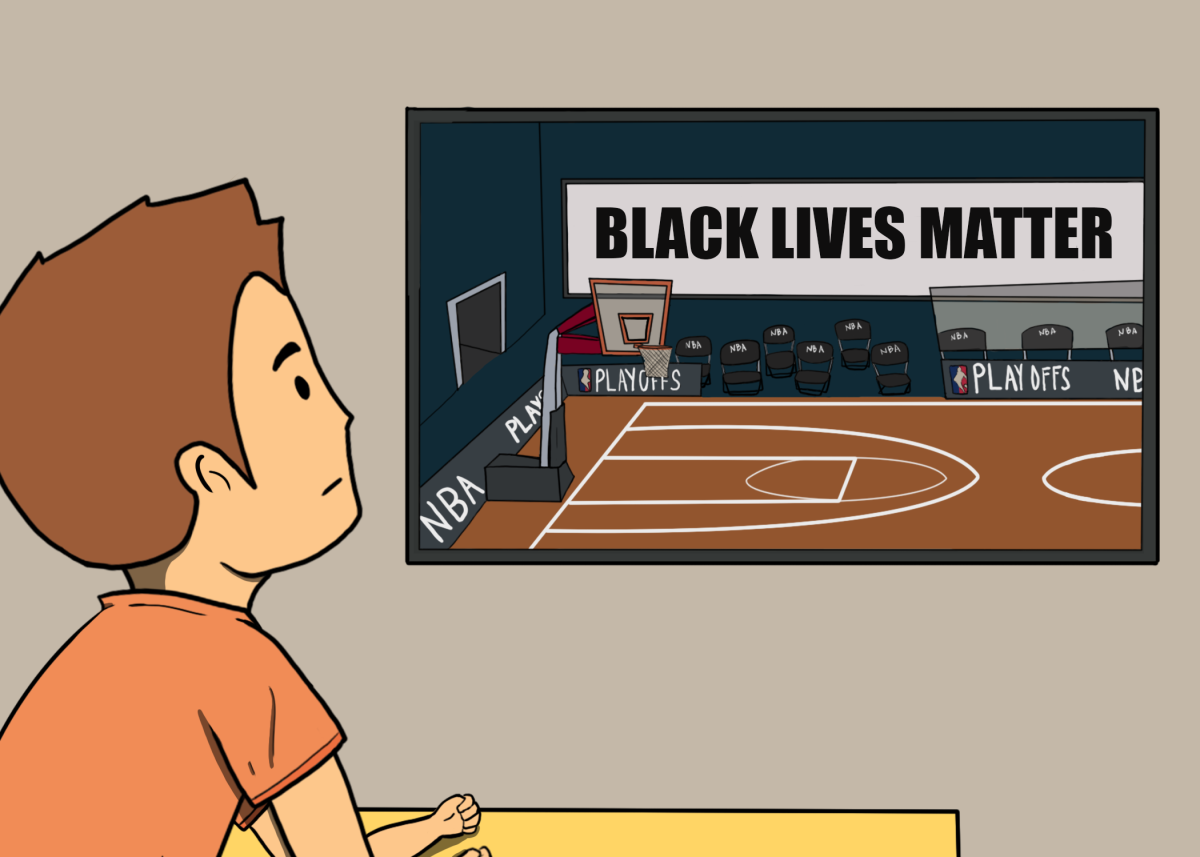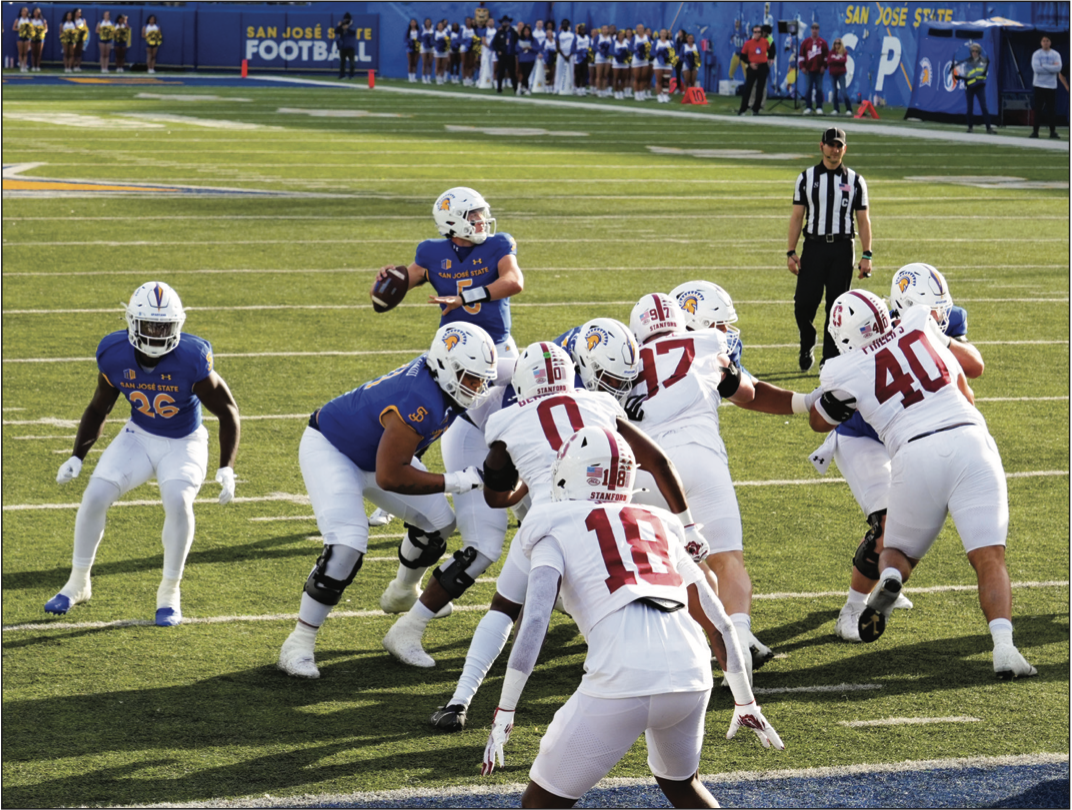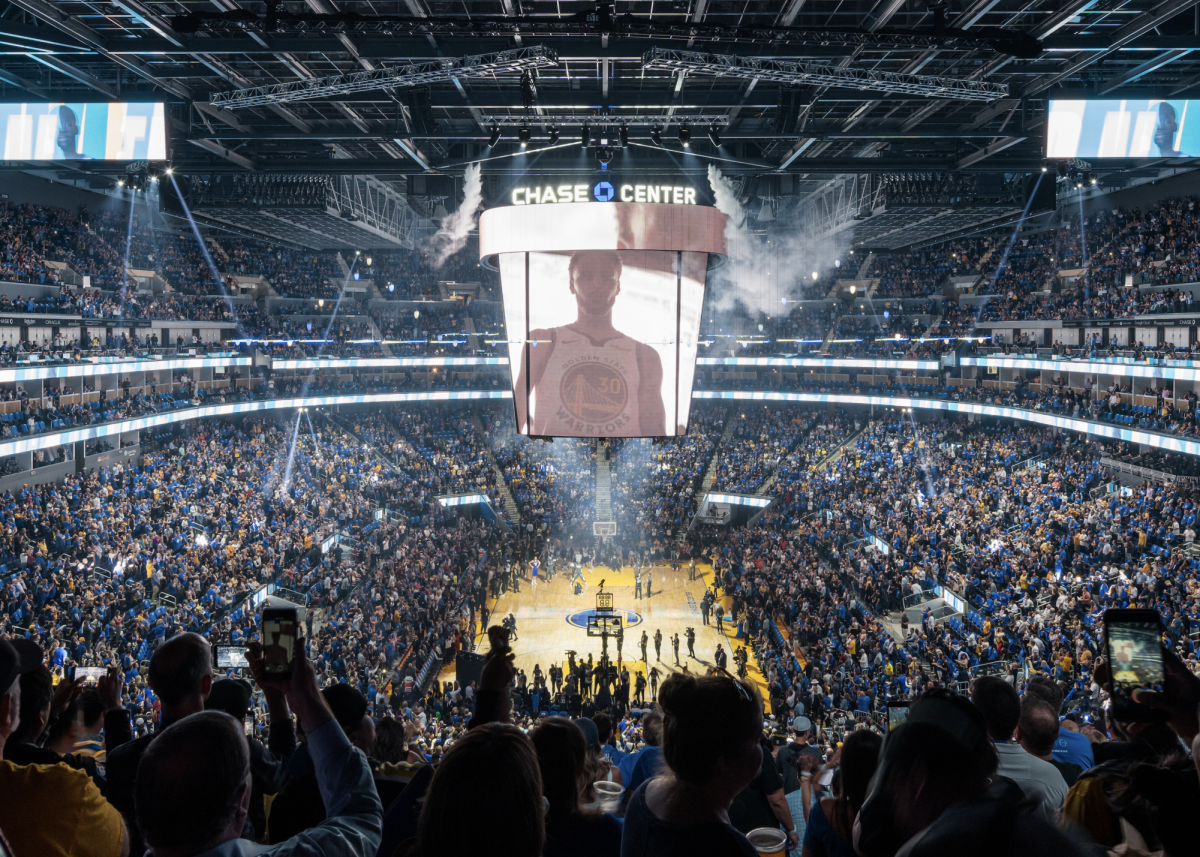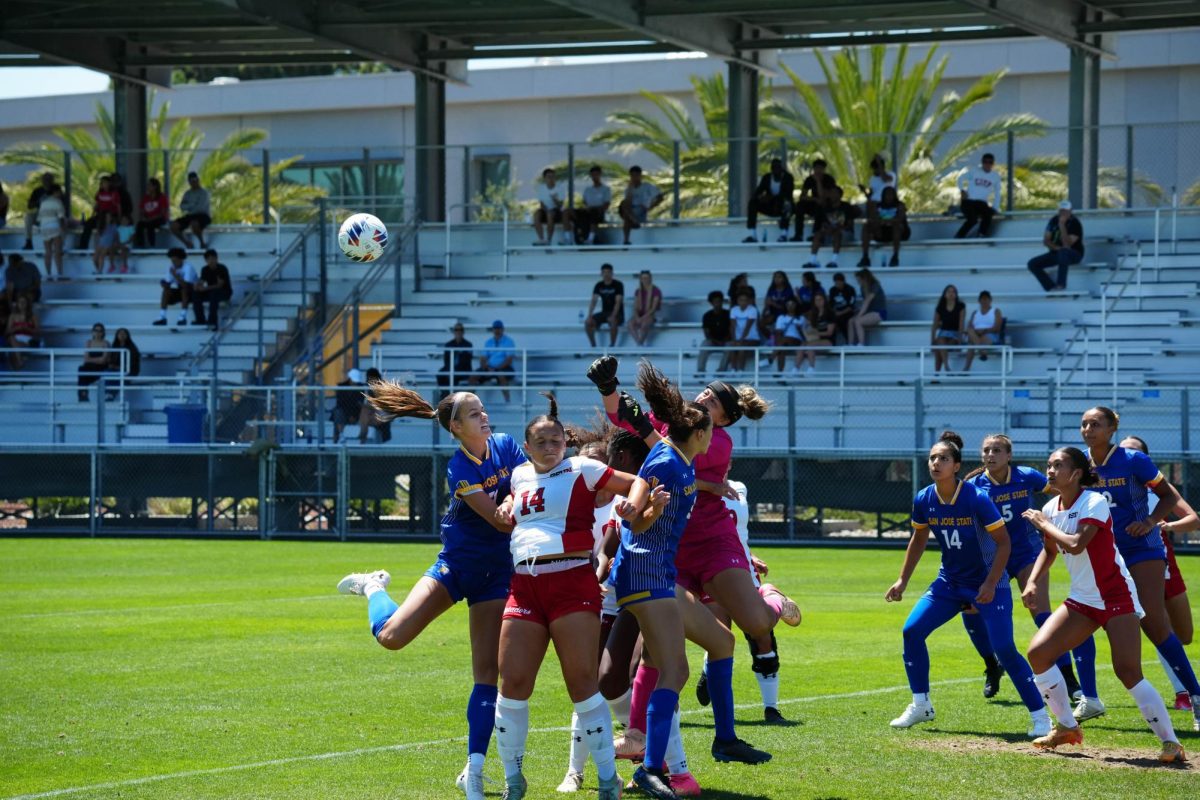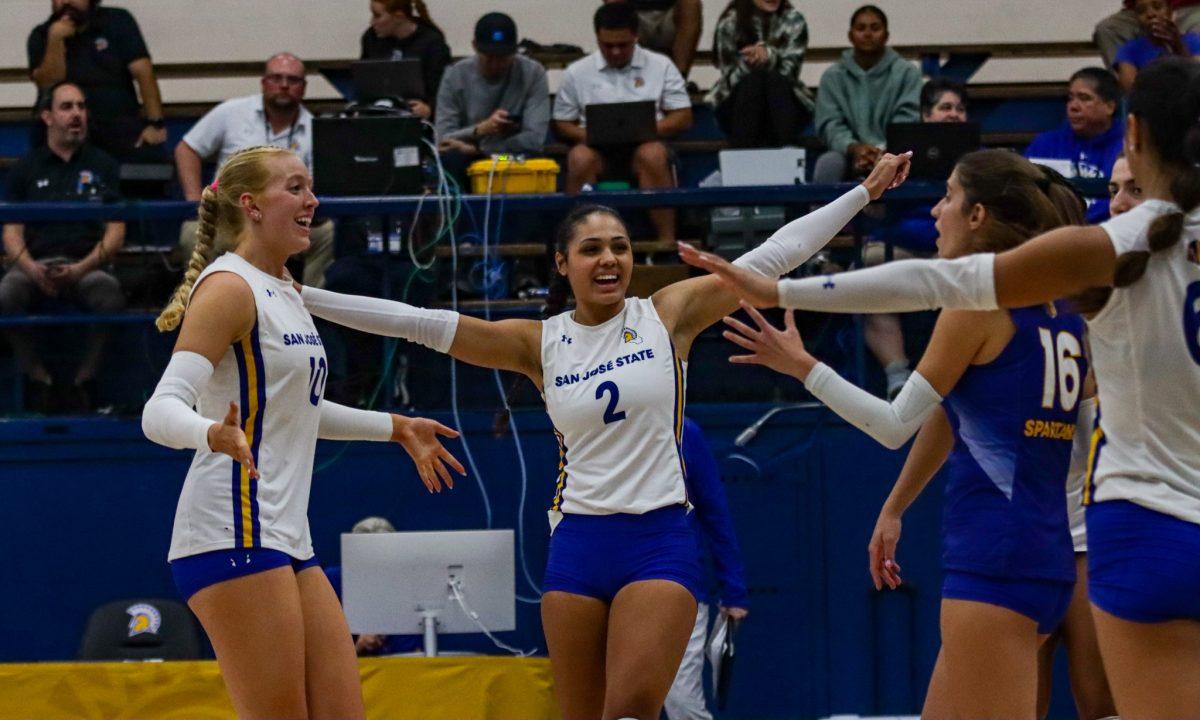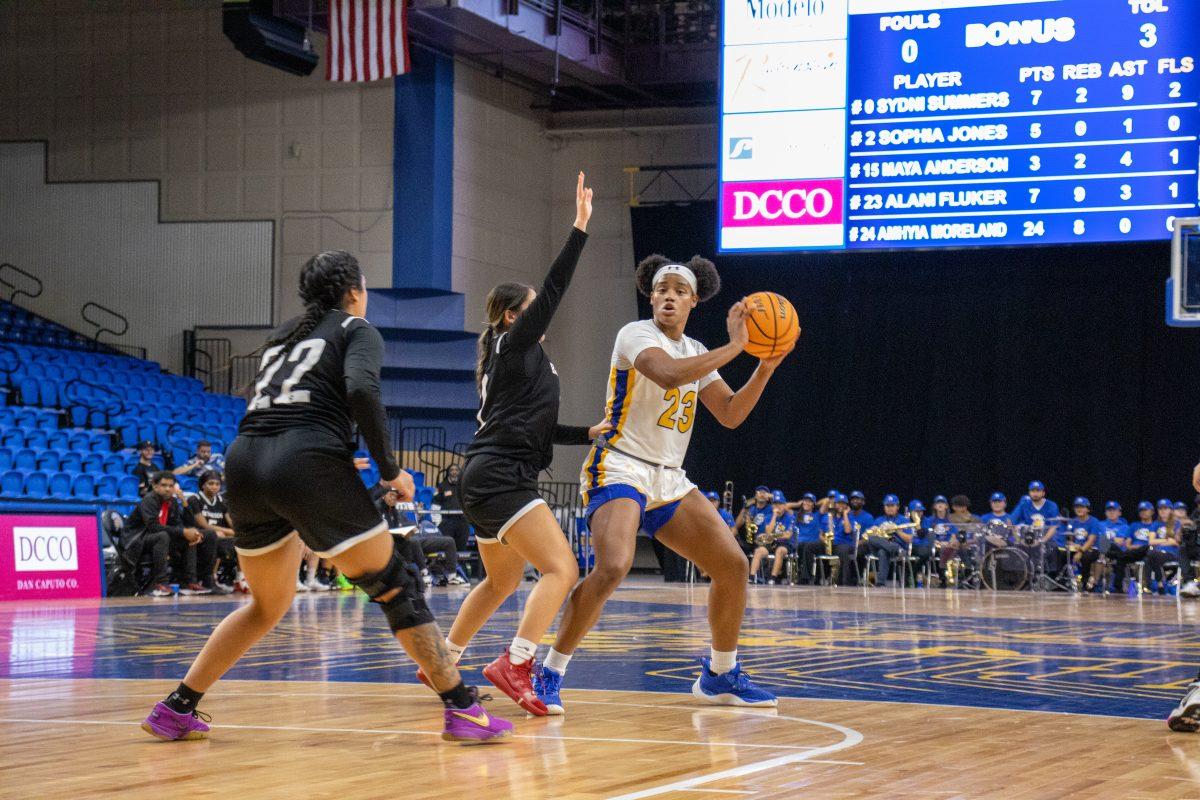On Aug. 26, 2016, there were people who believed that protests such as Colin Kaepernick’s historic kneel during the national anthem were pointless and ineffective.
However, sports are an integral part of American culture. The attention athletes have brought to the inequality that the Black community faces every day in the U.S. is something people cannot run from.
Just last week, the Milwaukee Bucks became the first team of the day to perform a wildcat strike by refusing to play their scheduled game against the Orlando Magic during the NBA playoffs in the Orlando “Bubble.”
The strike was organized because of another police shooting of a Black man. On Aug. 23 in Kenosha, Wisconsin, Jacob Blake, a 29-year-old Black man, was shot seven times in the back by white police officer Rusten Sheskey. Blake, now paralyzed and handcuffed to his hospital bed, had his three sons in the car when he was shot after trying to diffuse an altercation between two women.
Whether people liked it or not, protesting has a long history in sports dating back to the 1800s. That history of athletes protesting has always come from a need to bring awareness to deep-rooted racism and police violence against people of color.
Unfortunately, the same systemic injustices Kaepernick attempted to raise awareness for are the same injustices which caused athletes to put games on hold for just last week.
However, this time, this act of protest was led by the NBA’s global reach, which influenced WNBA, MLB, MLS and tennis players alike.
The shot clock above the empty court wound down as the Bucks remained in the locker room for hours speaking with Wisconsin Lt. Gov. Mandela Barnes and preparing a statement read by George Hill and Sterling Brown, a victim of police brutality just two years ago.
“We are calling for justice for Jacob Blake and demand the officers be held accountable,” Hill read in the statement. “For this to occur, it is imperative for the Wisconsin state Legislature to reconvene after months of inaction and take up meaningful measures to address issues of police accountability, brutality and criminal justice reform.”
Following the strike by Milwaukee and four other teams, the NBA postponed its remaining games scheduled on Aug. 23.
In the spirit of LeBron James’s tweet, “FUCK THIS MAN!!! WE DEMAND CHANGE. SICK OF IT,” NBA players broke their contracts to allow the lights that usually shine on them to illuminate the injustices that have occurred in the Black community.
Article 30, Section 1 of the NBA Collective Bargaining Agreement states, “During this Agreement, neither the Players Association nor its members shall engage in any strikes, cessetations or stoppages of work, or any other similar interference with the operations of the NBA or any of its teams.”
The halting of games, plus negotiations by the National Basketball Players Association, put pressure on the league to be active in assisting with safe voting polls amid Donald Trump opposing funds for USPS, to negate mail-in voting.
“In every city where the league franchise owns and controls the arena property, team governors will continue to work with local election officials to convert the facility into a voting location for the 2020 general election to allow for a safe in-person voting option for communities vulnerable to COVID-19,” read the statement from NBA Commissioner Adam Silver and Michele Roberts, the NBA Players Association executive director.
But NBA athletes were not alone.
WNBA players took a knee on the court with shirts spelling “Jacob Blake.” The Milwaukee Brewers and Cincinnati Reds opted out of playing, and four other baseball teams walked off their fields leaving a Black Lives Matter shirt on home base. MLS games were postponed and the world’s ninth ranked women’s tennis player, Naomi Osaka, sat out her semi-final match.
Before all tennis matches were paused, Osaka tweeted about her decision to not play.
“I don’t expect anything drastic to happen with me not playing, but if I can get a conversation started in a majority white sport I consider that a step in the right direction,” Osaka said in her tweet.
While drastic change is needed immediately, Osaka’s use of her voice and her urge for conversation is the reason this strike will continue to be effective.
The Instagram accounts of many major sports teams are draped in Black Lives Matter support, Breonna Taylor is being mentioned in numerous post-game interviews and football hasn’t started yet and many teams have already voiced their support.
Racism has survived over 400 years and still thrives in America, but change is a long, uphill battle. It’s a long-term goal for future generations, in hopes that when children grow up there is no need for an NBA strike.
The streets are occupied with protestors, the news is occupied by protests and now protest has occupied sports. No matter where people turn, they will face it.
Black people deserving to live, and deserving justice, is not something that should be up for debate.





































